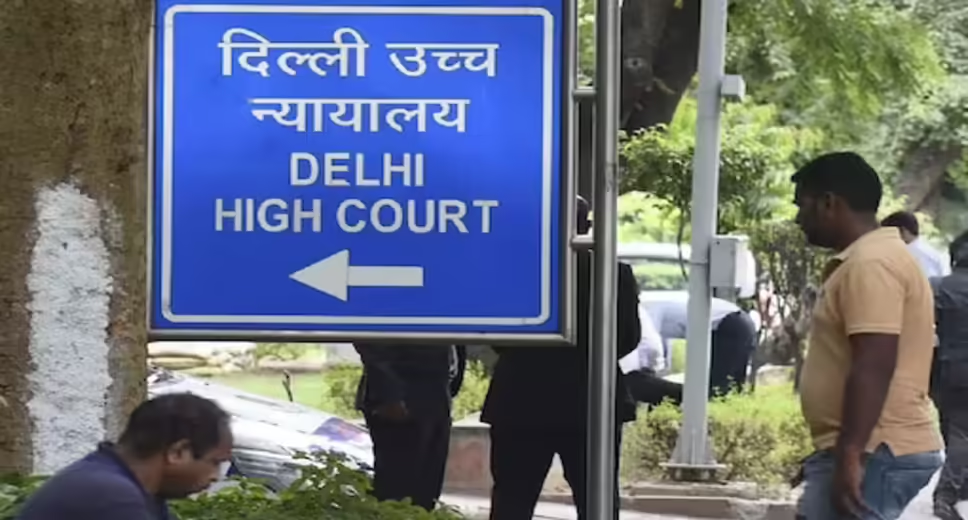Delhi HC rejects UPSC aspirant’s plea seeking disclosure of mains answer sheets

The Delhi High Court has dismissed the plea of an unsuccessful UPSC aspirant who sought access to his answer sheets and model answers of all seven papers of the mains examination under the Right to Information (RTI) Act. A bench comprising Chief Justice Satish Chandra Sharma and Justice Subramonium Prasad upheld the single judge's decision to deny the aspirant's request, stating that the answer sheets can only be disclosed if there is a public interest involved, which was not evident in this case. The court emphasized that the issue of supplying answer sheets to unsuccessful candidates had already been settled by the apex court, clarifying that such disclosure should only occur when public interest is at stake. Since no valid reason was presented for the disclosure of the answer sheets in this particular case, the court saw no grounds to intervene with the previous ruling. Consequently, the appeal was dismissed, along with any pending applications.
The appellant, an engineering graduate, had appeared for the Civil Services (Preliminary) Examination 2020 and successfully cleared it. However, he was declared unsuccessful in the subsequent Mains Examination. Subsequently, he filed an RTI application to obtain his answer sheets and the model answers, but his request was denied by the authorities, including the single judge. During the court proceedings, the appellant argued that there was no justification for denying him access to his own answer sheets and the marks he obtained in the Civil Services Examination.
The court observed that the Supreme Court had previously addressed a similar matter and examined the challenges associated with providing evaluated answer books to candidates. The court noted that according to the Supreme Court's ruling, information regarding marks in the Civil Services Exam cannot be mechanically furnished upon request. It further emphasized that failure to appreciate the evaluation process would undermine trust and credibility in the system, potentially leading to an increase in litigation and the risk of coaching institutes collecting copies of answer sheets. Additionally, the court highlighted that the quality of assessment standards would be compromised if such disclosures were made without sufficient grounds.
